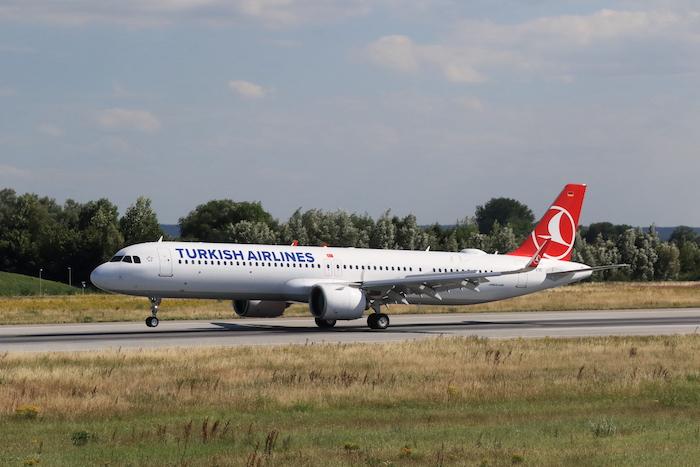
Turkish Airlines has A320neo-family aircraft equipped with the affected Pratt & Whitney GTF engines.
Credit: Michael Lindner/Airbus
The CFO of Turkish Airlines says one of the reasons why the flag carrier has delayed making an announcement on its much anticipated 600-aircraft order is down to the engine durability issues being experienced by new-generation platforms. Turkish Airlines has delayed the announcement of the massive...
Subscription Required
This content requires a subscription to one of the Aviation Week Intelligence Network (AWIN) bundles.
Schedule a demo today to find out how you can access this content and similar content related to your area of the global aviation industry.
Already an AWIN subscriber? Login
Did you know? Aviation Week has won top honors multiple times in the Jesse H. Neal National Business Journalism Awards, the business-to-business media equivalent of the Pulitzer Prizes.





